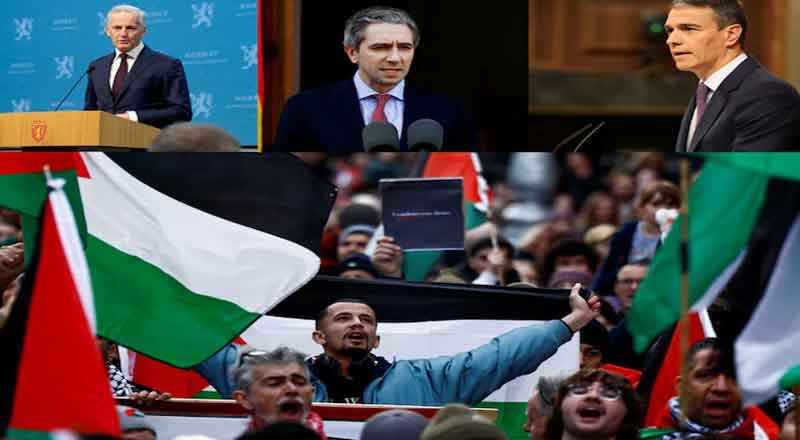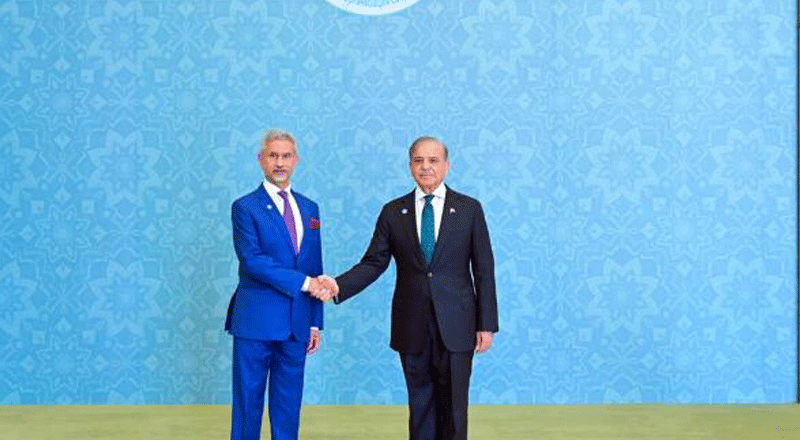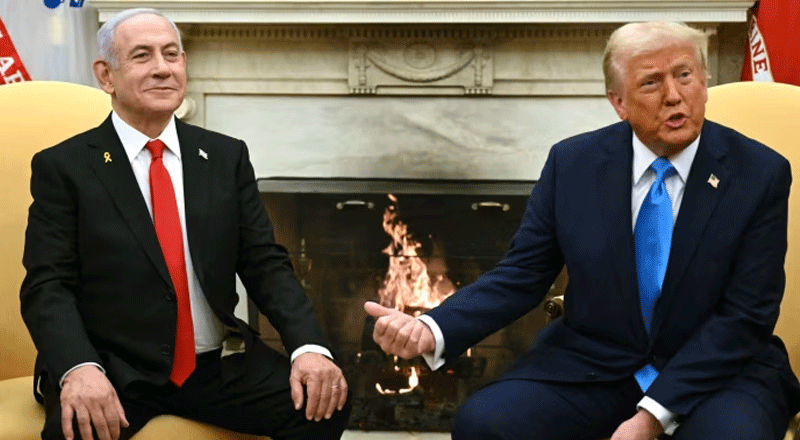The announcement by European nations, including Spain, Ireland, and Norway, to recognize Palestinian statehood on May 28th has ignited a multifaceted discourse on the enduring Israel-Palestine conflict. Against the volatile backdrop of the Israel-Hamas war, this move underscores the persistent quest for a viable solution to achieve lasting peace in the region.
Two-State Solution as the Key to Peace:
European leaders, echoing a longstanding international sentiment, advocate for a two-state solution as the most viable pathway to peace between Israel and Palestine. Prime Minister Jonas Gahr Støre of Norway emphatically asserts the necessity of recognition, arguing that peace in the Middle East hinges on acknowledging the Palestinian statehood. Espen Barth Eide, Norway’s foreign minister, reinforces the belief that a two-state solution is not just desirable but imperative for ensuring peace and stability for both nations.
European Support for Palestinian Statehood:
Ireland’s Prime Minister Simon Harris and Spain’s Prime Minister Pedro Sanchez articulate historic support for Palestine, citing principles of peace, justice, and consistency as driving forces behind their decisions. Harris contextualizes Ireland’s own journey to international recognition, underscoring the moral imperative to advocate for Palestinian statehood and calling for the immediate release of hostages in Gaza. Sanchez emphasizes Spain’s unwavering commitment to the two-state solution and condemns Israeli actions, urging concrete steps towards peace and coexistence in the region.
Israeli Response and International Reactions:
Israel swiftly reacts to the European recognition by recalling its ambassadors to Ireland and Norway, signaling its displeasure and issuing warnings of potential consequences. Palestinian President Mahmoud Abbas and the Palestine Liberation Organization welcome the recognition, viewing it as a significant stride towards affirming Palestinian self-determination and advancing the prospect of a two-state solution. While not universally recognized, Hamas also applauds the move, interpreting it as a validation of Palestinian rights and resistance against Israeli occupation.
Historical Context and Global Recognition:
Spain and Ireland’s historical connections to the Israeli-Palestinian conflict inform their steadfast support for Palestinian statehood, with Spain’s mediation efforts dating back to the Madrid Peace Conference in 1991. The growing roster of nations recognizing Palestine, including Sweden in 2014, reflects a discernible shift in global attitudes towards the conflict, albeit amid ongoing diplomatic complexities and geopolitical dynamics. Despite the burgeoning global support, significant hurdles persist, with key stakeholders such as the United States, Canada, and certain European nations refraining from extending formal recognition to Palestine.
Implications for the Israel-Hamas Conflict:
The European recognition of Palestinian statehood injects fresh momentum into calls for a two-state solution and exerts pressure on Israel to actively engage in substantive negotiations with Palestinian counterparts. While some world leaders, exemplified by French President Emmanuel Macron, view recognition as a necessary catalyst for progress, others, like British Foreign Secretary David Cameron, link recognition to the need for Hamas’s compliance and constructive participation in peace efforts.
The European recognition of Palestinian statehood on May 28th marks a watershed moment in the protracted Israeli-Palestinian conflict, signaling a renewed emphasis on the imperative of a two-state solution. As nations take definitive stances and diplomatic tensions escalate, the pursuit of a comprehensive and sustainable resolution remains fraught with challenges and uncertainties, underscoring the complex intricacies of the region’s geopolitical landscape.
(With inputs from agencies)





